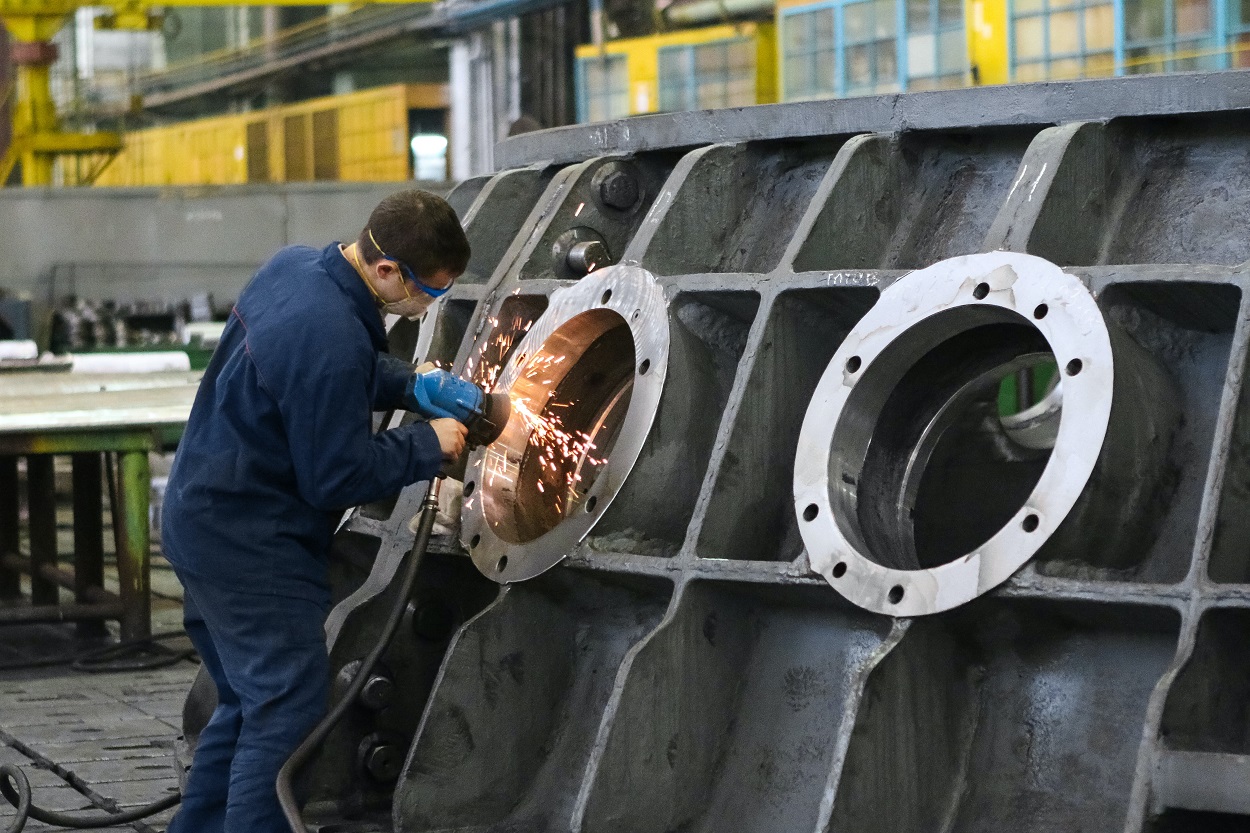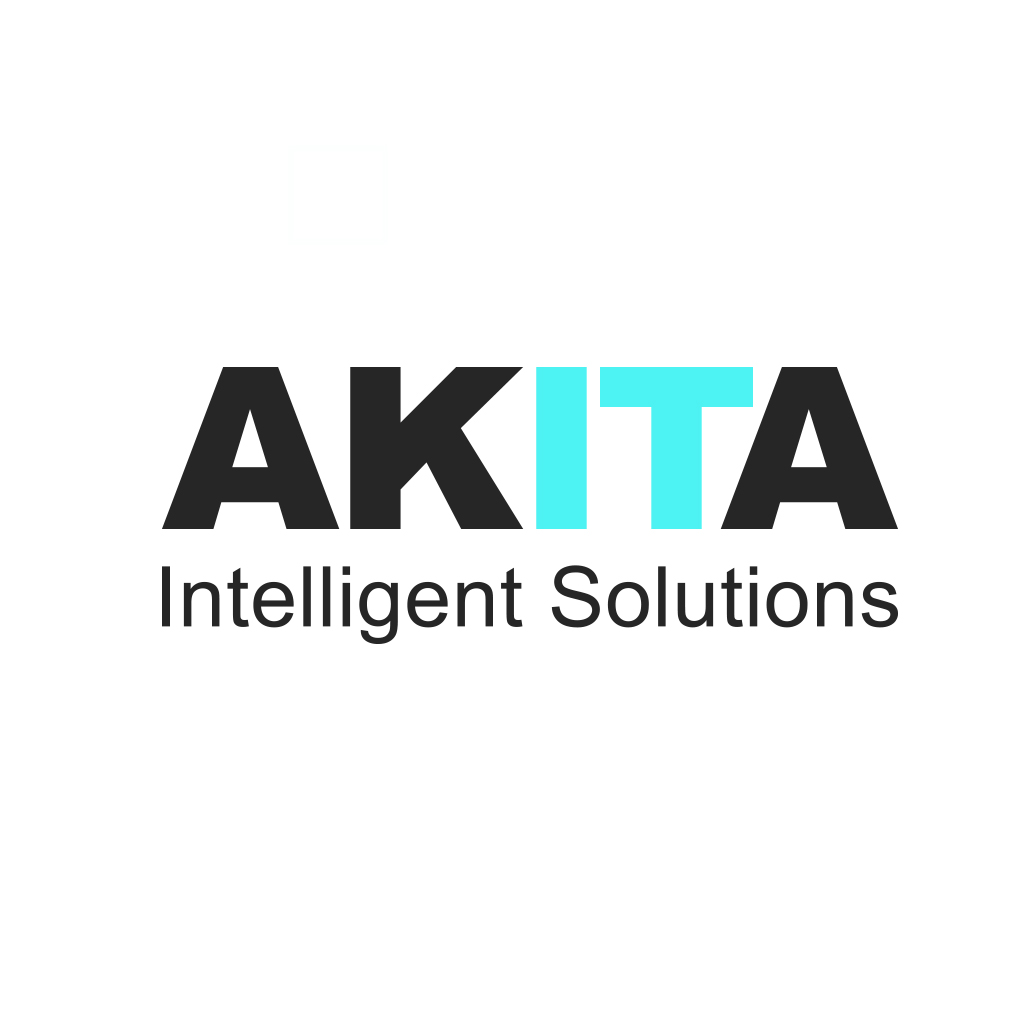Common challenge in manufacturing: does your organisation need an MRP system or an ERP system?
For manufacturers, staying ahead means optimising production, controlling costs, and ensuring seamless operations. One of the most critical decisions in achieving these goals is choosing between MRP and ERP systems. While both play key roles in manufacturing efficiency, they serve distinct purposes and offer unique advantages. Understanding their differences—and how they can work together—can unlock new levels of productivity and profitability for your business.
This guide explores the key distinctions and synergies between MRP and ERP, helping you determine the right approach to future-proof your manufacturing operations.
What is an MRP System?
Material Requirements Planning (MRP) systems are specifically designed to optimise production planning and inventory management. By forecasting material needs and scheduling production accordingly, MRP systems ensure that manufacturers have the right resources at the right time, reducing costly delays and minimising waste.
Key Benefits of MRP Systems:
- Material Planning & Availability: MRP systems forecast and manage material needs, preventing shortages and minimising emergency sourcing costs.
- Inventory Control: They regulate stock levels of raw materials and finished goods, balancing storage costs while avoiding overproduction or missed sales opportunities.
- Production Scheduling: MRP synchronises procurement, production, and delivery schedules to ensure on-time fulfilment and customer satisfaction.
- Operational Efficiency: By providing real-time data, MRP systems allow manufacturers to optimise labour, machine utilisation, and resource allocation.
The Evolution of MRP Systems
Traditional MRP systems focus purely on material planning for mass production. As manufacturing needs became more complex, MRP II emerged, integrating additional capabilities such as financials, capacity planning, and quality control—offering a more comprehensive approach to managing the production lifecycle.

What is an ERP System?
Enterprise Resource Planning (ERP) systems expand upon MRP by integrating manufacturing with broader business functions, such as finance, HR, sales, and customer relationship management (CRM). While MRP focuses solely on manufacturing, ERP provides a centralised system for managing the entire organisation.
MRP and ERP: Which System Do You Need?
Deciding between MRP and ERP largely depends on the complexity of your manufacturing operations and business requirements. If your primary focus is on materials planning and production scheduling, an MRP system may be sufficient, providing the tools necessary to manage inventory, procurement, and manufacturing timelines efficiently. However, for businesses that require end-to-end process integration, covering everything from financials and human resources to customer relationship management, an ERP system offers a more comprehensive approach.
For manufacturers looking for a flexible solution that combines both, a hybrid MRP-ERP system provides the best of both worlds. This approach ensures that production remains efficient while also offering the broader organisational oversight needed to scale and manage complex operations.
Business Central: A Complete MRP and ERP Solution
Microsoft Business Central is a powerful, all-in-one solution that blends the functionalities of MRP and ERP, making it an ideal choice for manufacturers seeking both production efficiency and business-wide integration.
As an MRP system, Business Central offers real-time inventory tracking, production scheduling, and procurement automation, ensuring that materials are always available when needed and that production runs smoothly. At the same time, as an ERP system, it brings together finance, human resources, and customer relationship management, creating a centralised platform that enhances visibility across the entire business.
By integrating these functionalities, Business Central enables manufacturers to streamline operations, reduce costs, and drive efficiency—all within a single, unified system.
As an experienced Business Central partner, Akita provides expert implementation, optimisation, and customisation of ERP solutions tailored to the needs of manufacturers. Whether your business requires an MRP system, ERP system, or a hybrid approach, we can deliver strategic guidance and tailored demonstrations to ensure the right fit for your operations.
Find out more about our Microsoft ERP solutions for manufacturing today.





